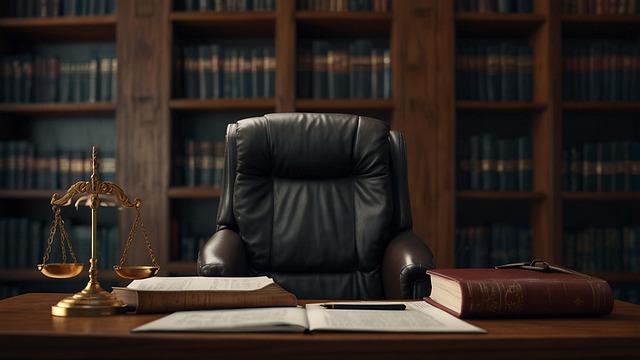Environmental Crime Trials face unique challenges due to complex state variations in Criminal Procedure Laws, impacting evidence collection and reporting across jurisdictions. Understanding these variations is crucial for achieving justice, balancing economic development with environmental preservation, and ensuring community participation in trials that advocate for accountability and deter pollution. Effective legal strategies require deep knowledge of local legislation and collaboration with philanthropies and politics.
“Environmental Crime Trials: Unraveling the Complexities of Legal Proceedings is an insightful exploration into the intersection of environmental justice and criminal law. This article delves into the unique challenges posed by environmental crimes, examining state variations in Criminal Procedure Laws that significantly impact prosecution strategies. From understanding the legal framework to uncovering innovative approaches, we explore how trials are revolutionizing accountability for ecological offenses. By shedding light on these complexities, we aim to enhance public awareness and foster discussions around effective Environmental Justice.”
- Understanding Environmental Crime Trials: A Legal Perspective
- State Variations in Criminal Procedure Laws for Environmental Cases
- Challenges and Innovations in Environmental Justice Through Trials
Understanding Environmental Crime Trials: A Legal Perspective

Environmental Crime Trials present unique challenges within the criminal justice system due to their intricate nature. These trials involve understanding complex environmental regulations and their potential violations, often spanning various jurisdictions. The legal landscape is shaped by both federal and state Criminal Procedure Laws, with each state possessing variations that can significantly impact an investigation and prosecution. Navigating these differences in criminal procedure is crucial for ensuring a fair and consistent approach to environmental crimes.
Understanding the scope of environmental crimes and their potential impacts on communities—both philanthropic and political—is essential. From the initial stages of investigative efforts to the enforcement process, legal professionals must consider how state variations might affect the prosecution’s strategy. By being cognizant of these nuances, lawyers can effectively defend clients while also contributing to the broader goal of holding polluters accountable and deterring future environmental violations.
State Variations in Criminal Procedure Laws for Environmental Cases

The United States’ criminal justice system operates under a federal framework, but each state has its own Criminal Procedure Laws (CPL) that significantly influence how environmental crimes are prosecuted. These variations create a complex landscape for attorneys and judges alike when dealing with cases spanning multiple jurisdictions. For instance, some states have more stringent regulations regarding evidence collection and reporting, which can pose challenges for defendants seeking winning challenging defense verdicts.
While white collar and economic crimes often carry severe penalties, the process of investigation and trial varies widely by state. Certain jurisdictions may prioritize environmental protection over strict adherence to CPL, impacting the strategies available to lawyers representing philanthropic and political communities facing such charges. Understanding these nuances is crucial for navigating successful outcomes in environmental crime trials.
Challenges and Innovations in Environmental Justice Through Trials

Environmental Justice (EJ) has emerged as a significant aspect of modern legal battles, bringing to light the complexities of balancing economic development against environmental preservation. One of the key challenges in EJ cases is navigating the intricate web of Criminal Procedure Laws that vary significantly by state. These variations create a complex landscape for lawyers and activists alike, requiring them to understand local legislation to effectively pursue justice. For instance, states may have different criteria for proving intent in environmental crimes, which can impact how defendants are charged and acquitted.
Trials play a pivotal role in fostering environmental justice, but they also present unique hurdles. The prosecution must address the often-subtle connection between criminal activity and its environmental impact, especially when dealing with corporate defendants. Furthermore, ensuring accessibility and participation of affected communities in these trials is crucial. By engaging general criminal defense strategies and leveraging support from philanthropic and political communities, advocates can navigate legal complexities and avoid indictment while advocating for accountability. This approach not only addresses the immediate environmental harm but also contributes to long-term sustainability and a more equitable relationship between industries and communities.
Environmental crime trials play a pivotal role in combating the growing threats to our planet. By examining state variations in Criminal Procedure Laws and understanding the unique challenges of environmental justice, these trials can ensure accountability and foster a more sustainable future. Through innovative legal strategies, we can navigate the complexities of these cases and protect our natural resources for generations to come. The ongoing evolution of environmental law, guided by robust criminal proceedings, is essential to preserving our environment and promoting justice.






